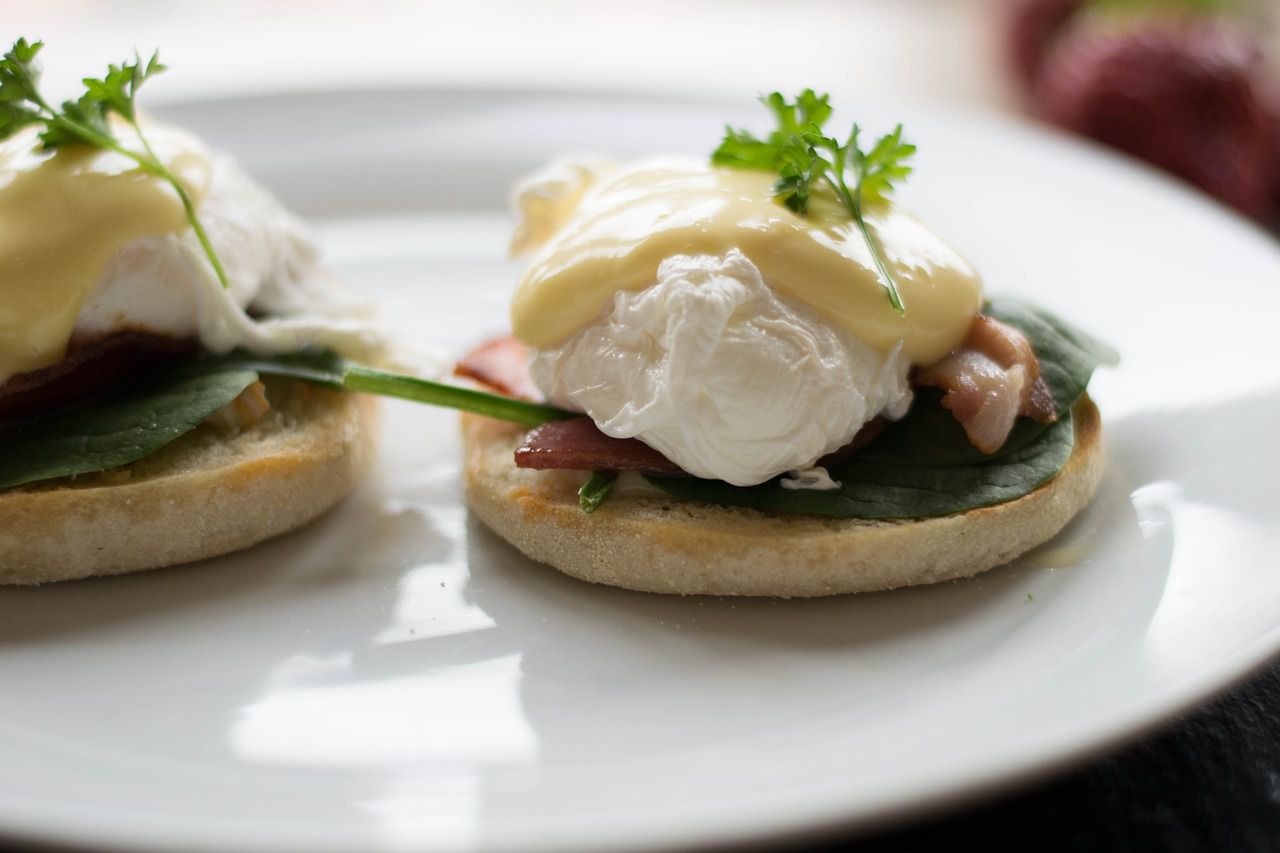Poached eggs cooking mistakes: That's why you can't cook this simple dish right
Poached eggs can be delicious, healthy, and very nutritious, so many people love cooking them for breakfast.
While this dish is very simple, there are still a few mistakes that can ruin this dish.
Here are some examples of things people regularly do wrong.
Using older eggs
Older eggs have looser whites, which can result in a more dispersed and less cohesive poached egg.
Not using vinegar or salt in the water
The acid in the vinegar or salt helps the proteins in the egg whites firm up faster, resulting in a neater poached egg.

Not bringing the water to a gentle simmer
It's important to bring the poaching water to a gentle simmer, not a rolling boil.
Too much turbulence in the water can cause the eggs to break apart or spread out too much.
Cracking the eggs directly into the water
It's best to crack the eggs into a small bowl or ramekin first and then gently slide them into the simmering water.
Overcooking the eggs
Poached eggs should have a soft, runny yolk and a delicate, fully set white.
Overcooking the eggs can result in a hard yolk and a rubbery texture.
Not using a slotted spoon
When removing the poached eggs from the water, using a slotted spoon allows excess water to drain away.
This helps prevent waterlogged poached eggs and ensures a better overall texture.
